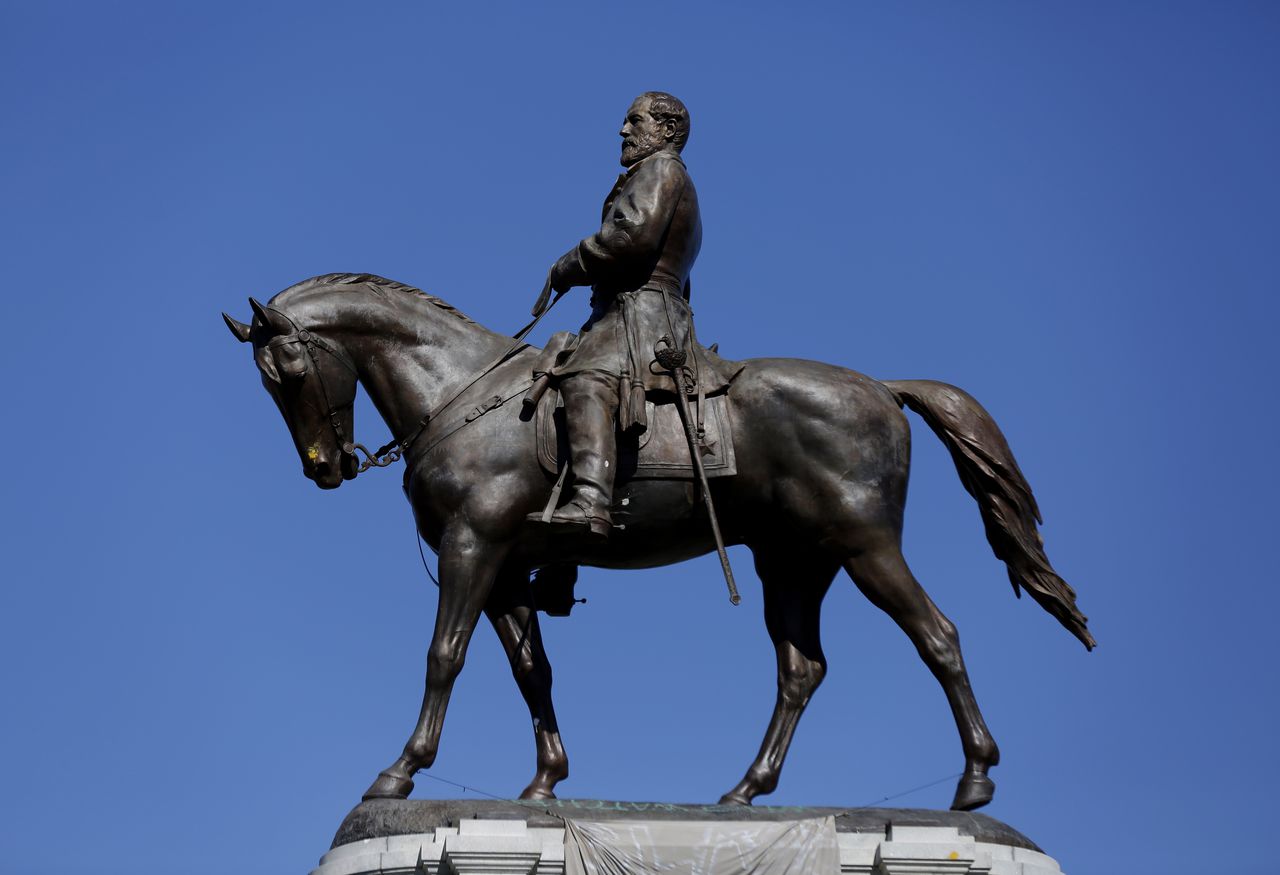Lawmakers again try to cut Confederate Memorial Day, Robert E. Lee Day
A group of Democrats from the Alabama House of Representatives has signed on to support two bills that would remove Confederate celebrations from the state calendar.
HB360, sponsored by Rep. Kenyatté Hassell, D-Montgomery, would remove Robert E. Lee’s birthday as a state holiday, while HB361, sponsored by Rep. Patrice McClammy, D-Montgomery, would eliminate Confederate Memorial Day.
Alabama celebrates Confederate Memorial Day on the fourth Monday of April each year.
Alabama also celebrates the birthday of Confederate President Jefferson Davis in June.
Both bills have been introduced and referred to committees, where they will undergo review before potentially heading back to the House floor.
The bills follow several similar attempts to remove each respective holiday since 2017.
Lawmakers also attempted to separate Robert E. Lee’s birthday from Martin Luther King, Jr. Day, which are both currently observed on the third Monday in January. Most recently, Sen. Vivian Figures introduced a bill that would move Robert E. Lee day to the second Monday in October, but the bill did not make it out of a recent committee hearing.
In 2020, Gov. Kay Ivey said she’d be open to discussing changes around the Confederate holidays in the state, but that any changes would have to go through the legislature.
To date, such legislation has not been successfully passed, though other states have made similar changes.
Rep. Terri Sewell, Alabama’s only Democratic congressional representative, said in 2020 that it was time to end the celebration of Davis’ birthday, writing “we need atonement to heal.”
Lawmakers and advocates alike have condemned the presence of Confederate holidays in Alabama’s state calendars.
Alabama and Mississippi are the only states in the U.S. that combine the celebration of Lee’s birthday with Martin Luther King, Jr. Day.
The bills also follow efforts to change the names of high schools honoring Confederate individuals.
Over the weekend in Virginia, descendants of both Lee’s family and descendants of the people his family enslaved gathered for an event called “Finding Our Voice.”
Lee, a Confederate general who enslaved about 10 to 15 people during his lifetime, also was the executor of his father-in-law’s estate and charged with freeing about 200 people in a five-year-period. He reportedly imposed a harsher work regime than his father-in-law and was accused of cruelty toward enslaved people.
